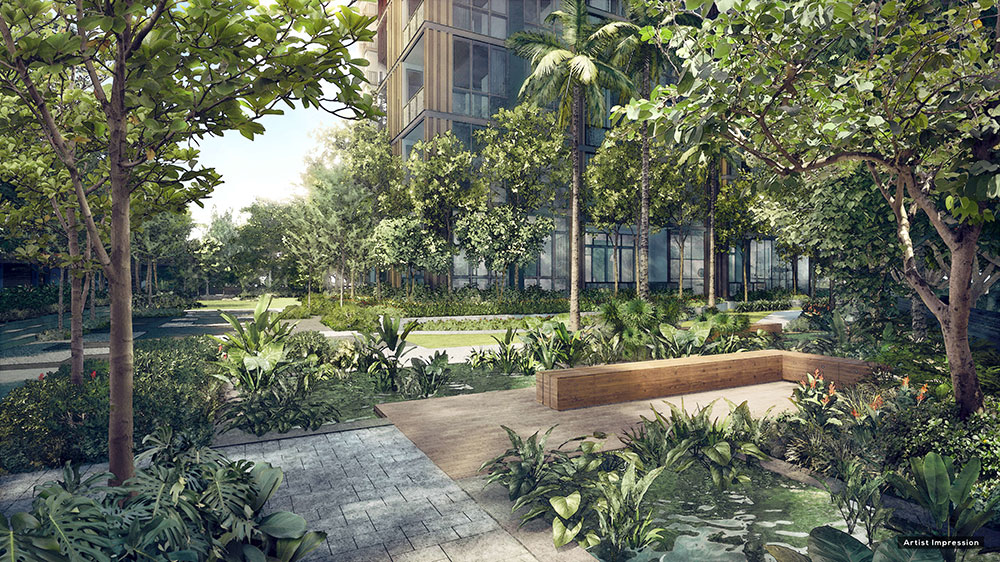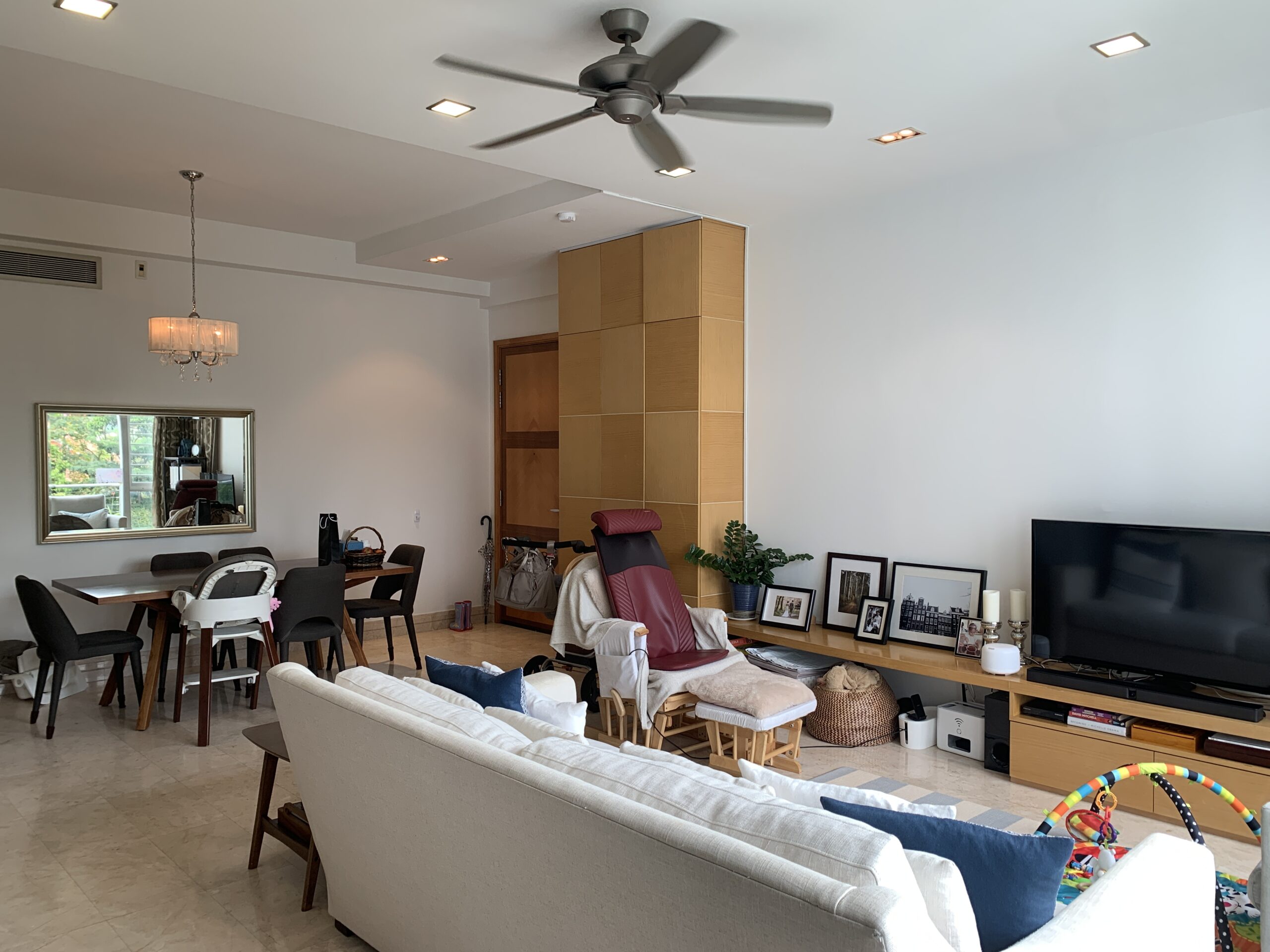ONE of the first things I did after Finance Minister Lawrence Wong finished his maiden Budget speech on Friday was log into the Iras myTax Portal to check the annual value of my home.
As an owner-occupier of a modest apartment in the core central region, property tax is not a particularly big expense for me. In fact, it’s nothing compared to the maintenance fees and cost of general upkeep for my unit.
But I feared this was about to change.
During the run-up to the Budget last week, there was a lot of talk about wealth taxes and residential property seemed an obvious asset for the government to target.
In fact, the government referred to property tax as its “remaining tax on wealth” when it announced the abolishment of its estate duty back in 2008.
The government subsequently increased the “progressivity” of its property tax. In Budget 2013, it announced a widening of the zero per cent property tax band for owner-occupied residential properties, from the first S$6,000 of annual value to the first S$8,000.
New marginal property tax rates ranging from 8 per cent to 16 per cent were also added to the 4 per cent and 6 per cent in force at the time.
For non-owner-occupied residential properties, new marginal tax rates ranging from 12 per cent to 20 per cent were added to the then flat rate of 10 per cent.
These property tax changes were phased in over 2 years and fully implemented in 2015.
Interestingly, the adjustments to property tax rates for non-owner-occupied residential properties were expected to add S$72 million to government revenues but the adjustments for owner-occupied homes were expected to result in a loss of S$19 million.
“A more progressive property tax allows us to achieve greater social equity without hurting our economic competitiveness or reducing the incentives for enterprise. It is what economists call an ‘efficient’ tax,” said then-Finance Minister Tharman Shanmugaratnam during his Budget 2013 speech.
Tapping an efficient tax
With the growing spending needs of the government and concerns about inequality and waning social mobility, Wong is now pulling harder on this tax lever.
During his Budget 2022 speech, he announced an increase in property tax rates for non-owner-occupied residential properties: from the current range of 10-20 per cent to 12-36 per cent.
“All non-owner-occupied residential properties will face higher property taxes, and the increase will be more significant for properties at the higher end,” he said.
For owner-occupied homes, property tax rates will be hiked for the portion of annual value exceeding S$30,000: from the current 4-16 per cent to 6-32 per cent.
These property tax increases, which will be implemented over the next 2 years, are expected to ultimately add about S$380 million to government revenues.
The amount pales in comparison to the government’s overall budget, but it is not an insignificant amount of money.
It is far more than the government said it would receive from the property tax changes announced 9 years ago.
It is also more than twice the additional S$170 million of revenue the government expects to collect from the hike in top marginal income tax rates announced last week.
More to the point, there could be room for the government to raise property tax rates further over time.
When the latest property tax rate hikes fully kick in, an owner-occupier of a condominium in a central location with an annual value of S$40,000 would face a property tax bill of S$1,480 – just S$200 more than under current rates.
If the same property were non-owner-occupied, the property tax bill would be S$5,600 – or S$1,400 more than under current rates.
A very large landed home with an annual value of S$150,000, if occupied by the owner, would attract a property tax bill of S$27,980 – or S$15,400 more than under current rates.
If non-owner-occupied, the property tax payable on the same property would be S$43,200 – or S$19,200 more than under current rates.
On the face of it, these absolute increases in property tax do not appear all that high. And, with most of the burden falling on owners of the most expensive homes in Singapore, the higher taxes will probably be digested without much fuss.
Varied implications
Before going any further, I should declare that the annual value of my own home is less than S$30,000 – hence I will be spared the higher property taxes.
This might be relevant to readers who have invested in multiple residential properties, or who happen to be owner-occupiers of homes with annual values greater than the S$30,000 threshold.
Being on the wrong side of the property tax adjustments, they may well not share my view that higher property tax rates are a sensible way for the government to raise revenue.
They may – quite understandably – feel the government is pandering to the envious nature of the hoi polloi rather than trying to raise revenue in a fair and equitable manner.
Whatever the case, owners of multiple residential properties should keep in mind that these assets are just investments. The possibility of more frequent and punitive hikes in property tax should be judged as one would judge the risk of structurally slower income growth or higher interest rates.
On the other hand, it is hard not to have some sympathy for pure owner-occupiers. Families often live in their homes for decades, and not every owner of an expensive residential property can easily afford big tax increases.
Indeed, I dread my comfortable and familiar apartment becoming a target for higher property taxes during my twilight years.
Yet, this is what wealth taxes are all about – redistributing the stock of wealth, regardless of how it was accumulated, back into the economy.
As for up-and-coming entrepreneurs contemplating acquiring a trophy home, perhaps the time has come to think about alternative expressions of success and wealth.
Instead of purchasing a Good Class Bungalow, a generous endowment to a scholarship programme, or a pledge to support some segment of the local arts scene, might be a better way to announce that one has arrived.
Source: https://www.businesstimes.com.sg/companies-markets/why-further-property-tax-hikes-make-sense








